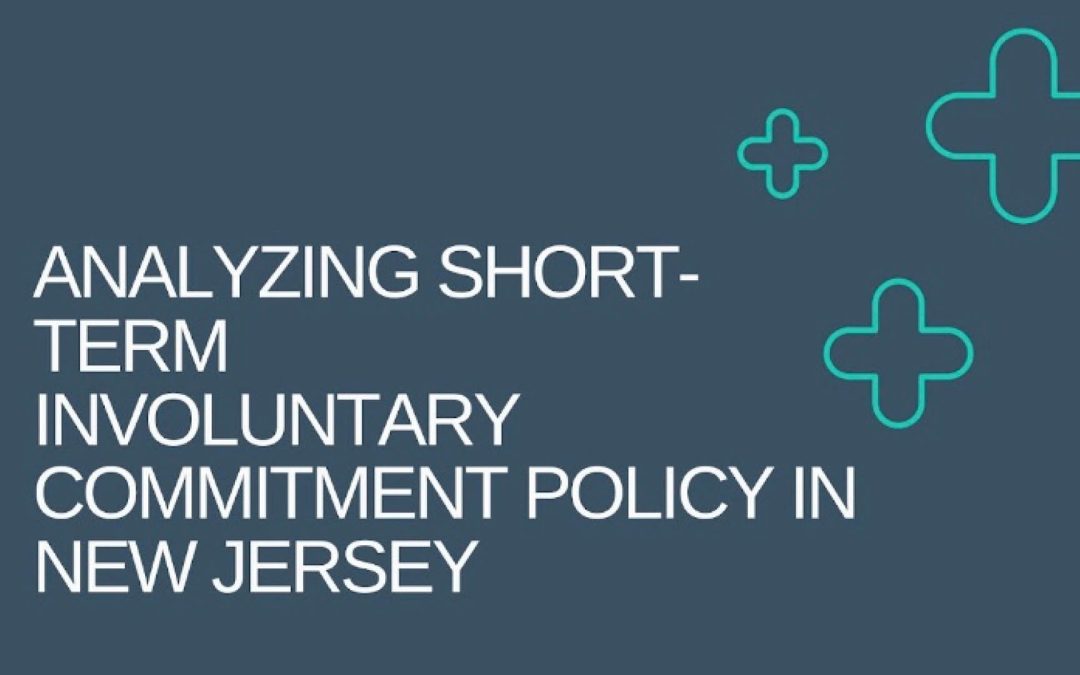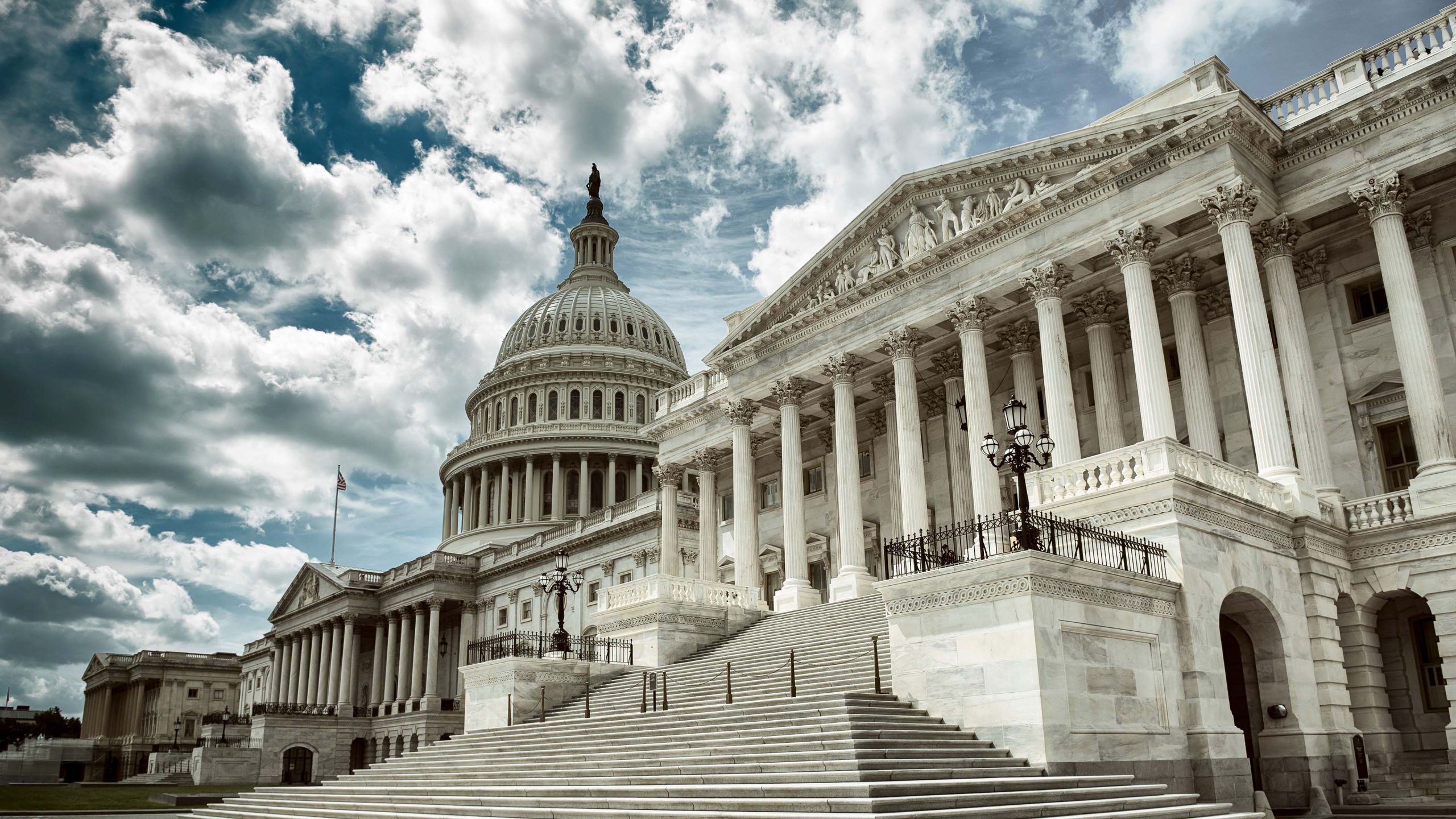Graduate Program
Public Policy
By the Numbers
Average Salary
Class of 2022
%
Employed or Pursuing Higher Education
Six months post-graduation
Class of 2022
%
Participating in an Internship
for Applied Field Experiences
Class of 2022
This program prepares students for careers in government, politics, and public affairs within the public, nonprofit, or for-profit sectors. It provides students with conceptual and analytical tools to build their competencies in four areas: public policy, research methods, economics, and politics, as well as training in leadership, values, and ethical behavior that guide the responsible application of these competencies in the field.
A graduate degree in public policy from the Bloustein School prepares students for careers in the exciting field of public policy, whether as a public servant in government, an analyst at a think tank, an advocate at a non-profit, or in a variety of other roles. Students learn to identify public problems, analyze alternatives, and make decisions using tools from many disciplines. When added to the motivation and commitment our students bring to the program, these new skills enable our graduates to make positive and lasting impacts on the world.
— Julia Sass Rubin, Director, Program in Public Policy
Degree Programs
Public Policy Student and Alumni Spotlights
Recent Public Policy Student Projects

Analyzing Short-Term Involuntary Commitment Policy in New Jersey

New Jersey’s Career and Technical Education System: A Comparative Analysis Across States

Assessing the Effectiveness of the Educational Opportunity Fund Program

Proposed Evaluation of NJ Driver’s License Expansion

Diversity in Development – Observations and Recommendations for Aiding Developers of Color Across the U.S.
Mission
The mission of the Public Policy Program of the Edward J. Bloustein School of Planning and Public Policy is to further and strengthen innovation, rigor, and justice in the field of public policy through teaching, research, and service. Specifically, we:
- Teach undergraduate and graduate students to be engaged change-makers through high-quality instruction and mentorship;
- Conduct and disseminate high-quality interdisciplinary research that addresses society’s most pressing problems;
- Serve communities at the local, state, national, and global levels through research, informed practice, and leadership in order to build a more equitable and sustainable world;
- Foster an environment in which research, teaching, and service come together in the pursuit of equitable and inclusive solutions to public problems.
Learning Goals
Intellectual and Communication Skills
- Critical Thinking
Students will demonstrate an ability to think critically about policy formation, implementation, implications, and effectiveness, and the methods underpinning the policy evidence. - Communication
Students will demonstrate a proficiency in written and oral methods of communication in a variety of settings through their applied field and practicum experiences and an ability to adjust method to setting and audience. - Mathematical Reasoning and Analysis
Students will demonstrate an ability to apply economic and/or political perspectives in the analysis and understanding of public policy. - Scientific Inquiry
Students will demonstrate an ability to use the scientific method in the development and implementation of field-based policy analyses as part of the practicum and class-based research projects in the methods courses, and to critique the application of the scientific
method in the literature. - Information and Computer Literacy
Students will demonstrate proficiency in conducting literature reviews, collecting primary data, retrieving secondary data, analyzing data using a variety of software packages, and reporting the findings in ways that facilitate dissemination.
Professional Development & Ethics
Students will demonstrate an ability to integrate and apply theory, methods, empirical evidence, and conceptual thinking in the development and implementation of policy analysis in program-directed applied field and practicum experiences in which students “work for” clients as part of their applied field experiences and practicum projects. Students are required to write briefing memos, prospectuses, and final reports for clients and to present their analyses in formal presentations. Students will demonstrate competency in professional conduct and ethics in their interactions with faculty, students, and clients, and in their use of data.
Program Faculty
Program Faculty
Senior Policy Fellows
Lecturers
Student & Academic Services
Steve Weston
Assistant Dean of Academic Administration
Courtney Culler
Associate Director for Graduate Student Services
Greg Marrero
Student Counselor, Graduate Student Services
Andrea Garrido
Career Management Specialist for Planning, Policy, and Informatics Masters Students
Cheryl Egan
Career Management Specialist for Health Administration Masters Students









